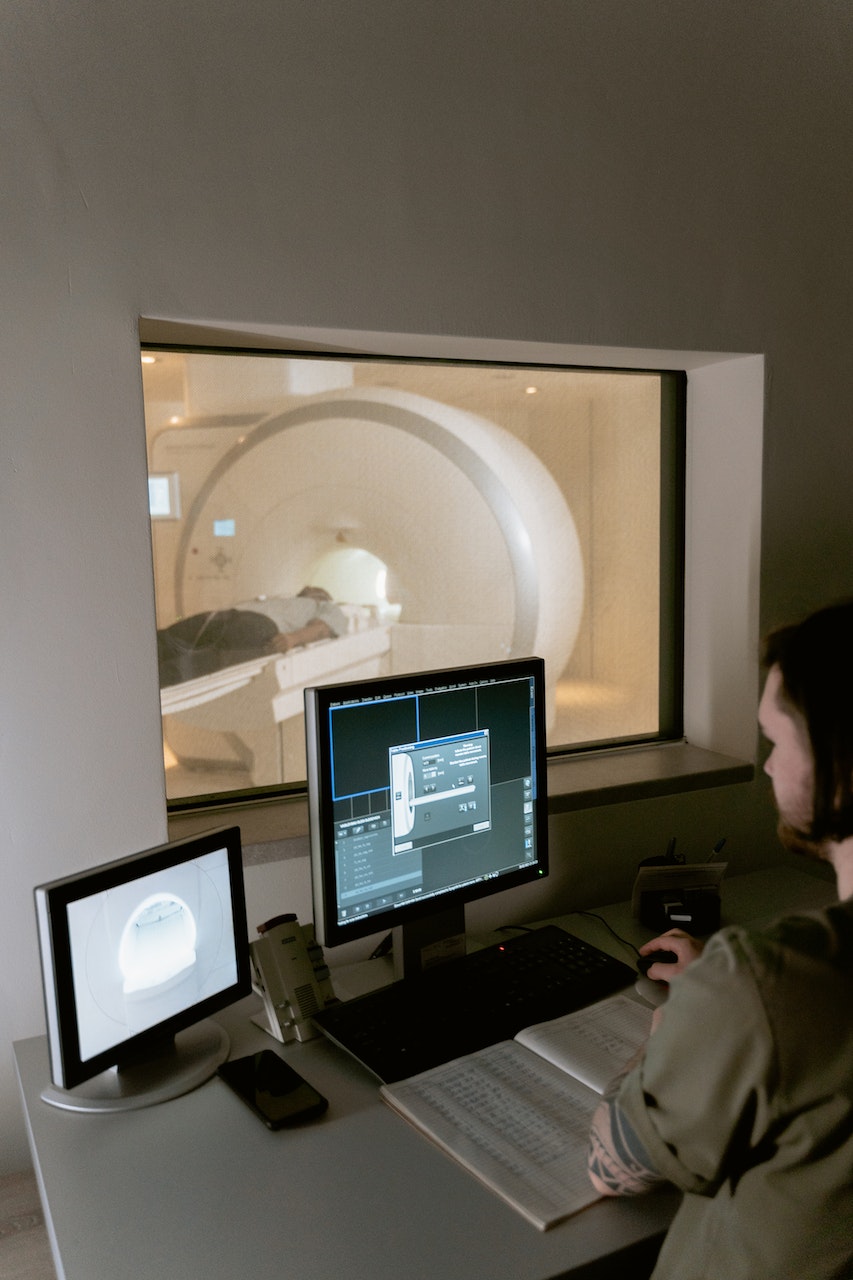 I’m only in my mid-twenties, yet I have started making that struggling groaning sound whenever I bend my back or get up from a seat! It’s probably more to do with the whiplash injury I’ve been suffering with over summer; but it does make you wonder!
I’m only in my mid-twenties, yet I have started making that struggling groaning sound whenever I bend my back or get up from a seat! It’s probably more to do with the whiplash injury I’ve been suffering with over summer; but it does make you wonder!
Anyway; our backs are one of the most important areas of our body. At the end of the day, the job of your back is to pretty much carry the rest of you! My understanding is that backache is relatively common, and injuring your back is unfortunately very easy to do. That’s why we must take care when using our backs to ensure we don’t do any damage to them.
In a workplace scenario, there are specific rules and regulations that your employer must abide by to ensure you do not injure your back at work!
Manual Handling Operations Regulations 1992
Your employers must ensure that they abide by the strict and important health and safety regulations that are there to make sure all employees are safe in the workplace. All manual handling and lifting activities must be restricted as much as possible; if the task can be performed without the need for manual handling, the alternative should always be employed.
If any manual handling task is unavoidable and / or is a necessity, the task itself must be fully risk assessed by your employers to ensure that the task can be completed safely without injuries. You must also be fully trained in safe lifting techniques to ensure that any large or awkward objects you are expected to lift are lifted in the safest way possible.
Remember that general golden rule: don’t lift using your back muscles.
You should have regular training if manual handling is a large part of your job. Your employers should also keep a general eye on the health of your back and muscles to ensure you are not damaging them through your working practices.
Finally, the task at hand should be manageable and achievable. You should not be expected to lift quantities over the legal weight, or in excess of a weight you are comfortable with. There should be enough assistance – mechanical or human – to ensure that the task can be completed safely.
Got a Lifting Injury? Here’s what to Do!
If you have been injured at work through lifting, you need to speak with an expert injury lawyer to find out whether you can make a claim or not. If you were injured through no fault of your own – e.g. the fault of your employers or the accidental fault of a colleague, your employers insurance should cover you for compensation.
All you need to do to make a claim is get an expert personal injury lawyer on your side to deal with the case. The fantastic thing about your employers insurance, which they are legally bound to have, is that it covers legal fees as well. So you get to keep 100% of your compensation payout if you instruct a specialist personal injury lawyer working on a Genuine No Win, No Fee basis. Naturally, if the claim loses, you will not pay a penny.
An important thing you could really benefit from with a back injury is some form of physiotherapy, chiropractic, or osteopathic treatment. So, here’s some good news for you – if you instruct us today, we can actually organise private medical care for you straight away – right at the start of your case – which doesn’t costs you a penny. Even if the claim loses you never pay a penny for the treatment.
For us, it’s not just about getting the maximum compensation payout we can for you; it’s about getting you back on your feet, and back on the road to recovery. So don’t hesitate to give us a call if you need our advice and private medical care to compliment your claim for compensation.

 I’m only in my mid-twenties, yet I have started making that struggling groaning sound whenever I bend my back or get up from a seat! It’s probably more to do with the
I’m only in my mid-twenties, yet I have started making that struggling groaning sound whenever I bend my back or get up from a seat! It’s probably more to do with the 









